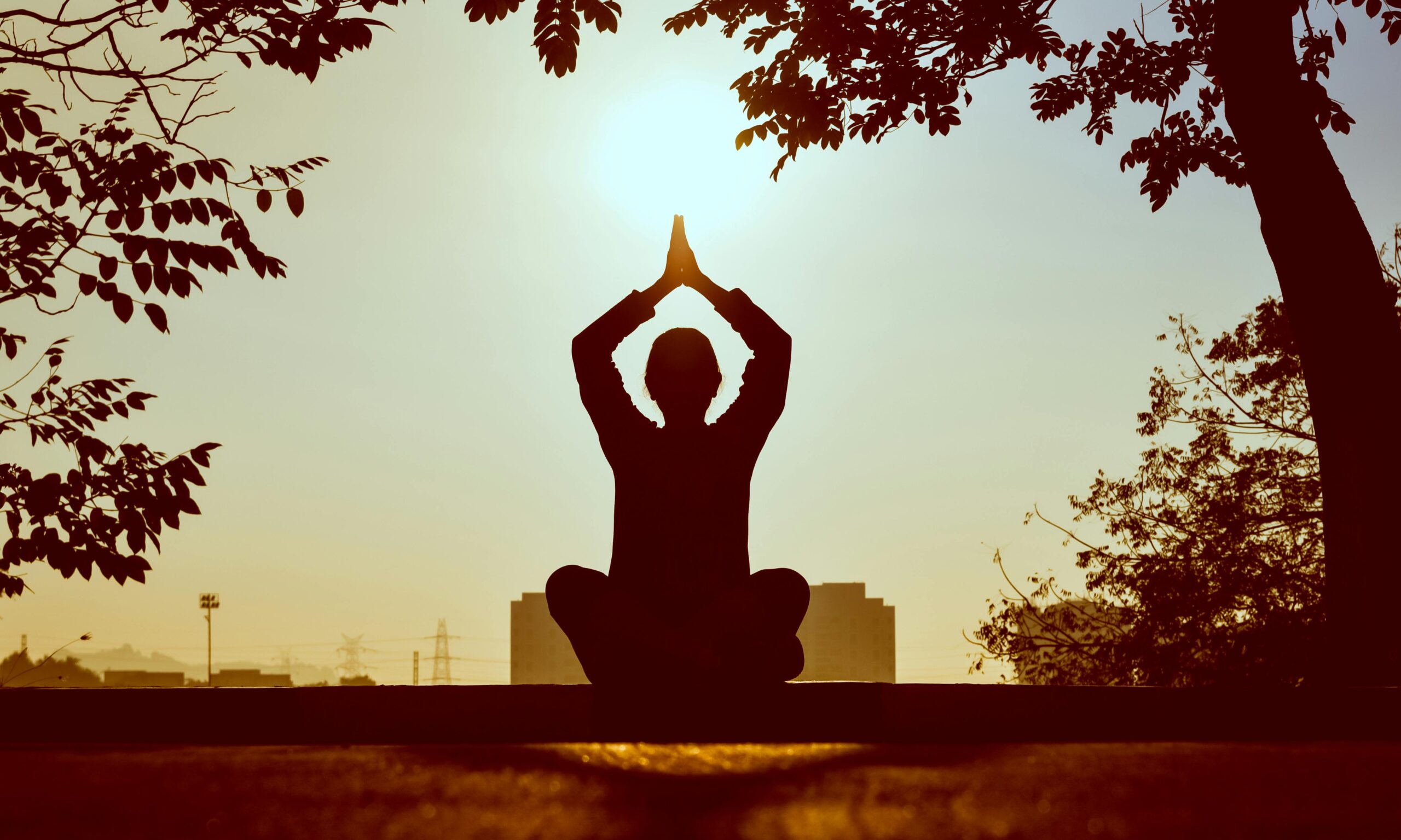Exercise is more than just a way to stay in shape—it’s a cornerstone of a healthy and balanced life. Whether you’re a seasoned athlete or just starting your fitness journey, the benefits of incorporating regular physical activity into your routine are profound and far-reaching. From boosting mental health to improving physical well-being, let’s dive into why exercise is so important and how you can get started today.
Why Exercise Matters
- Improved Physical Health
Regular exercise strengthens your heart, improves circulation, and helps maintain a healthy weight. It reduces the risk of chronic diseases such as diabetes, hypertension, and heart disease. Weight-bearing exercises, like lifting weights or walking, also help improve bone density, reducing the risk of osteoporosis. - Mental Health Benefits
It’s no secret that exercise is a natural mood booster. Physical activity triggers the release of endorphins, often referred to as “feel-good” hormones, which help reduce stress, anxiety, and symptoms of depression. It also enhances cognitive function and memory, making it beneficial for mental clarity and focus. - Better Sleep
Struggling with restless nights? Regular exercise can improve the quality of your sleep by helping you fall asleep faster and stay asleep longer. Just avoid vigorous workouts too close to bedtime, as they might have the opposite effect. - Increased Energy Levels
While it may seem counterintuitive, expending energy during exercise actually leads to increased energy levels over time. Regular physical activity improves your stamina and reduces feelings of fatigue, leaving you feeling more energized throughout the day. - Social Connections
Whether you join a fitness class, a running group, or a sports league, exercise can be a great way to meet new people and build a supportive community. Having workout buddies can also help keep you motivated and accountable.
How to Get Started
Starting an exercise routine doesn’t have to be overwhelming. Here are a few simple steps to ease into it:
- Set Realistic Goals: Choose achievable goals that align with your fitness level and interests. Whether it’s walking 20 minutes a day or training for a marathon, having a target will keep you motivated.
- Find Activities You Enjoy: Exercise doesn’t have to feel like a chore. Experiment with different activities like dancing, cycling, swimming, or yoga until you find something you love.
- Start Small: If you’re new to exercise, start with short, manageable sessions and gradually increase the intensity and duration as your fitness improves.
- Stay Consistent: Consistency is key. Aim for at least 150 minutes of moderate aerobic activity or 75 minutes of vigorous activity per week, as recommended by most health guidelines.
- Listen to Your Body: Pay attention to how your body feels and adjust your workouts accordingly. Rest and recovery are just as important as the exercise itself.
Making Exercise a Lifestyle
The key to reaping the long-term benefits of exercise is to make it a sustainable part of your life. Build it into your daily routine, set goals that challenge and excite you, and celebrate your progress along the way. Remember, exercise isn’t about perfection—it’s about progress and consistency.
Incorporating exercise into your life is one of the most rewarding investments you can make for your health and well-being. So lace up your sneakers, take a deep breath, and start moving. Your body and mind will thank you!


